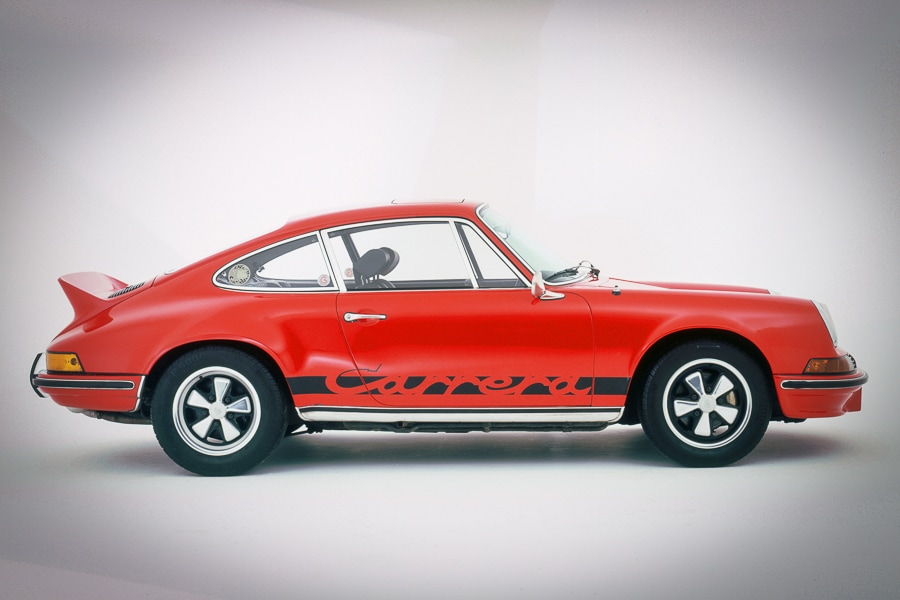
Here's how bored rich people are spending their extra cash
During the pandemic, seemingly every luxury acquisition has become a so-called alternative asset class
 Image: National Motor Museum/Heritage Images/Getty Images
Image: National Motor Museum/Heritage Images/Getty Images
Rich people who shopped too much used to be called collectors. Now they — and those belonging merely to the aspirational class — are all investors.
It’s not just that they’ve spent the last year splurging on stakes in untested, newly formed public companies that have yet to produce products, much less profits. It’s that during the pandemic, seemingly every luxury acquisition has become a so-called alternative asset class.
Rather than elbowing past each other for reservations at the latest restaurants from Marcus Samuelsson and Jean-Georges Vongerichten or getting into bidding wars for apartments at 740 Park Ave., they are one-upping each other in online auctions for jewelry, watches, furniture, sports cards, vintage cars, limited-edition Nikes and crypto art.
Bread lines grew longer, Birkin bags got hotter.
A number of retailers were reticent to speak about the trend, stating that they did not wish to be on the record talking about nearly sold-out $90,000 earrings during a time of growing wealth inequality.
©2019 New York Times News Service




